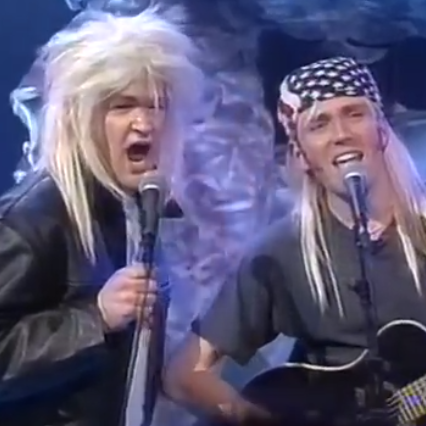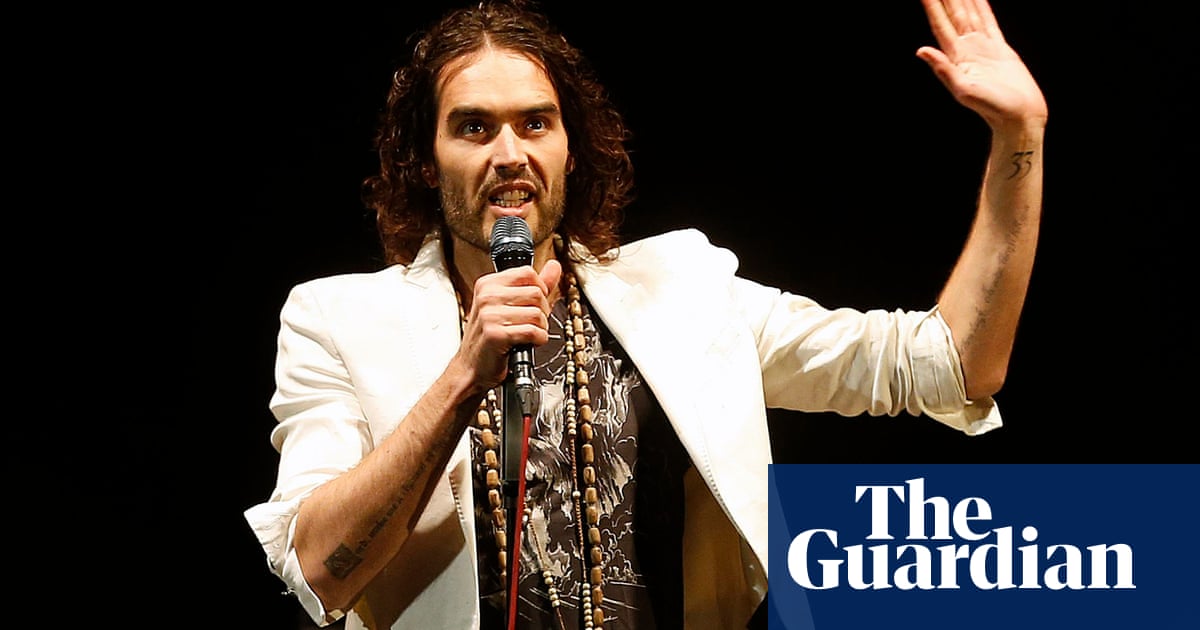Lucy is one of many female comedians who say the allegations against Russell Brand are just the tip of the iceberg. Six years on from the #MeToo movement, they say there remains a culture of misogyny and male privilege in the comedy industry that emboldens predators and prevents women from speaking out.
In a video on YouTube titled Brand Awareness, the comedian Kate Smurthwaite said the allegations against Brand were “nowhere near scratching the surface” of the wider problems.
“I could probably, personally from my own experience, name 15 to 20 people who have behaved inappropriately with me. And if I then included other women in comedy and the stories that they’ve told me, we could easily get that to 100 to 150,” she said.
“There are so, so many others. And I know some people will say: ‘Well tell us the other names.’ But no, I’ve done it before, I’ve described these incidents and people don’t hear me, they don’t believe me. They say: ‘That’s a very serious allegation, I hope you’ve taken it to the police,’ and ultimately I lose work. And I can’t do that over and over again.”
Ellie Tomsett, a media lecturer at the University of Birmingham who has been researching the barriers to women’s participation in the comedy circuit, said the problem was entrenched in the history of UK comedy.
“Since the days of performances in working men’s clubs in the 60s, comedy has targeted women, and we’ve got this really long hangover from that,” she said. “There might be more women visibly present on stage or on our screens now, but the actual working conditions for comics have been remarkably consistent. That’s what creates that space where abuse can flourish.”
According to Tomsett, the problem is threefold: comedy – in its live and media forms – continues to be male-dominated, it is used to obscure sexually aggressive behaviour and misogyny, and women struggle to speak up due to unregulated power structures and the precarious nature of freelancing.
On top of that, women who do complain are often accused of being humourless prudes, when their careers depend on their ability to “see the funny side”.
“Comic licence makes it easy for men to say: ‘I was just joking, that woman doesn’t understand what comedy is.’ If you make accusations against someone who’s bankable for a promoter, then you’re putting yourself in a very dangerous situation.”



Removed by mod
At this point it’d be like shooting fish in a barrel - the UK stand-up circuit isn’t that big. If we are talking 100+ then that’s throw a dart at a list of names territory. Then keep doing that all night.